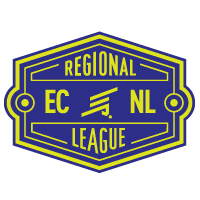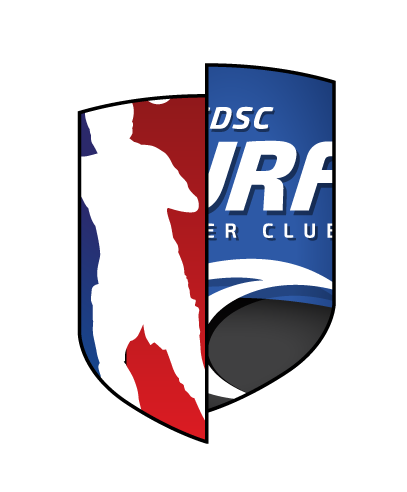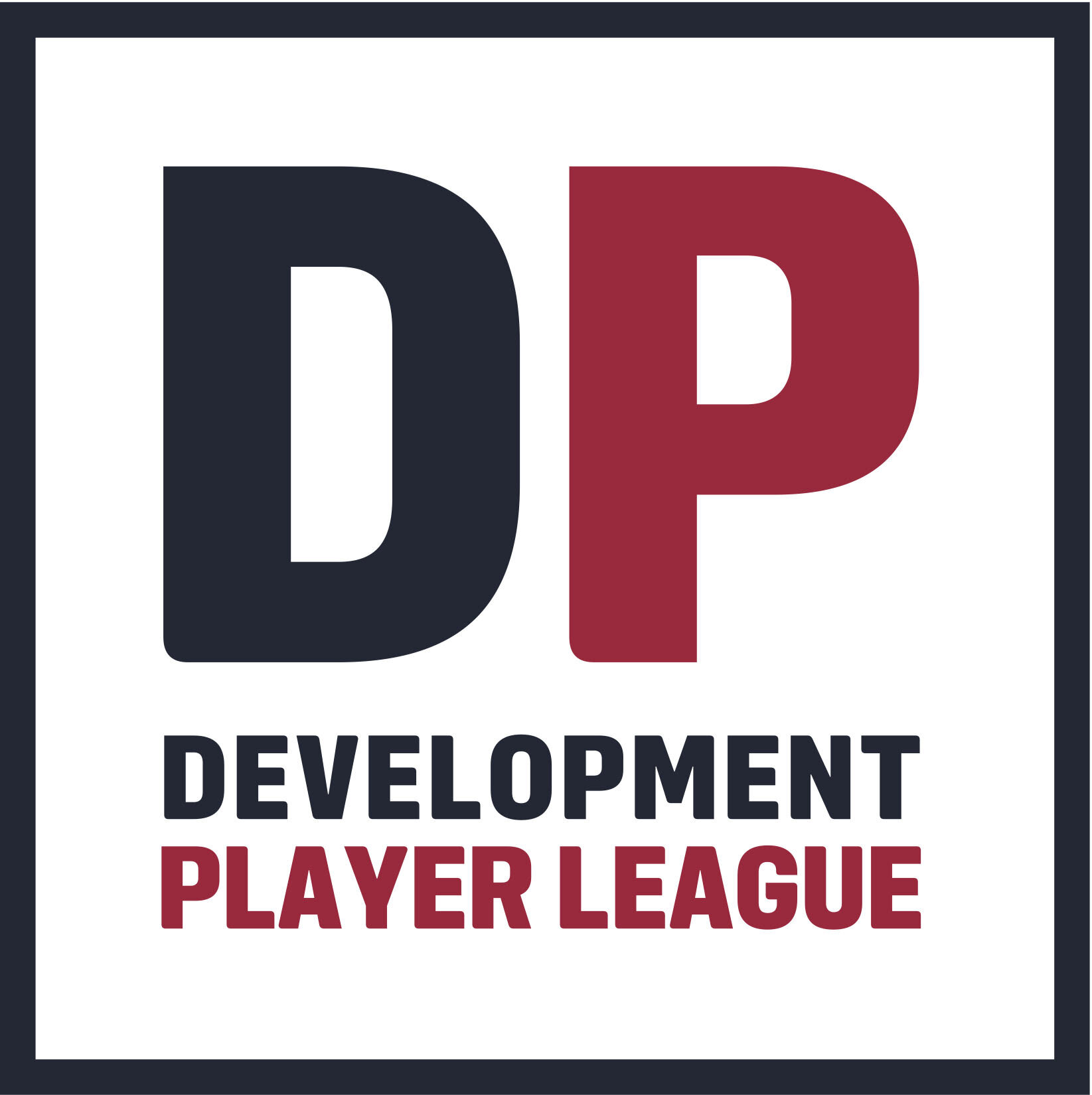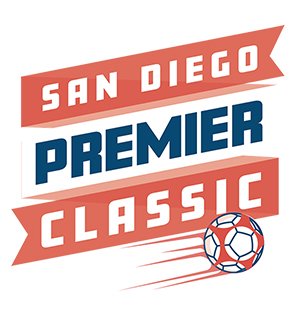Nutrition Tips for Athletes
/From our partner PROTEUS - while long, this post is filled with actionable advice, a sample meal plan and a recipe for overnight oats.
————
More than ever, we are being asked to help our athletes (and their parents) with nutrition.
Rightly so.
Nutrition, along with sleep quality and proper breathing, are just as important as training when it comes to enhancing sport performance, preventing injury, recovery and adaptation.
Each discipline works together to upgrade performance capacity. You don’t get stronger/faster/bigger from your training, but by recovering from your training…nutrition is absolutely critical to this process.
Our sole purpose is to empower our athletes and their parents with high performance nutrition strategy, first-hand experience, coaching guidance and practical tactics, first as healthy, fit humans, and then individually for their respective sport and personal objectives. Opinions abound, and we have tested and tried just about everything you can imagine.
For the SDSC / Proteus Athlete, our default bias is toward ancestral health principles. We do not recommend any particular diet, buzzword or supplement-laden, commercialized approach.
We strive to master the provision of optimal “raw materials” to the athlete, based on human design, not only to enhance performance and recovery, but maintain the health, “body armor” and overall resiliency that will keep our athletes in top position for years to come.
Once we have mastered the basics, we can move toward optimizing nutrition on a more personalized basis. Some athletes are growing and gaining weight, while some need to drop weight or re-alter their body composition. Sport-specific energy and recovery demands also warrant individualized planning.
We could write a book on nutrition (we may do just that someday), but here is a short primer to help jump start your questions, choices and routines. The Sample Outline at the end should provide additional insights on how to optimize decisions.
General Guidelines
Here is the general foundation that has been most successful for the athletes we have coached over the years, regardless of age, gender or sport, with a critical focus on single-ingredient foods:
1. Consume 100% of your target body weight in protein grams.
This comes from a combination of animals and plants, and shakes made with high-quality protein powder (from farm-raised animals). Heavier athletes may need a few shakes per day to reach their protein target. Lighter athletes can skip the shakes and rely entirely on food to reach their target.
[Note: skip the packaged shakes off the shelf, and just make your own.]
We like to use a combination of eggs, beef, lamb, salmon, chicken and pork (in that order) throughout the week.
However, despite what we learned as kids, we are not what we eat. We become what the animal we ate, ate.
Thus, it is important to understand the source and quality of our animal protein to ensure we are not consuming harmful byproducts from commercial farming operations (i.e., corn, grains, synthetic proteins, antibiotics, hormone injections, etc.).
2. Consume 50% of your target body weight in carbohydrate grams.
Select from the following list: sweet potatoes, quinoa, farro, oatmeal, cold-pressed overnight oats, raw organic honey, bananas, berries, avocados, macadamia nuts, pistachios and of course, vegetables.
You should avoid packaged and processed foods, with only a few exceptions.
If you are striving to lean up, limit your carbohydrates to 50g or less per day.
If you are striving to gain weight, and you are already consuming at least 200g of protein per day, bump up your carbohydrate intake immediately following your most intense physical activity of the day and in your evening meal.
[Note: there are a few sports drinks that we like to help with halftime re-fueling, but these should be used sparingly and not as a daily substitute for water and electrolytes.]
3. Consume 50% of your target body weight in fat grams.
Select from the following list: eggs (yolks), avocados, salmon, grass-fed butter and cheese (if tolerable), macadamia nuts, pistachios, almonds, olives, olive oil, MCT oil.
Timing
For an athlete who is training, practicing or competing most days of the week, the timing of their food intake is a critical factor.
Generally speaking, do not eat meals within two hours of hard physical activity. Instead, prepare to drink a protein shake immediately after, and then progress to consume a big meal within an hour or so after training, practice or a game.
If you’re training mid-morning during the summer, you need to get up early enough to eat outside of two hours. Some athletes would benefit from sleeping more and skipping their morning meal before training, but how their body responds in training will help dictate the best approach.
We also like to “back load” carbohydrate intake for later in the day and the evening meal, except on game day, when it’s prudent to “top up” your tanks, so to speak, a few hours prior to competition.
Game Day Nutrition
For morning or mid-day competition, your meals the day prior are really what you’re utilizing to fuel your performance. The last meal the night before should really be on point.
For Saturday games, think about starting your pre-game nutrition on Thursday night, and then optimize every intake leading up to the competition.
For high intensity sports (soccer, rugby, football, hockey, jiu jitsu, etc.), drink a protein shake immediately following, and then eat a large, well-balanced meal within 60-90 minutes. We are not always hungry right away after competition, but the protein will jump start recovery and we’ll eventually feel depleted and want to eat…so eat well.
For certain sports with less energy demands (golf, baseball, softball, etc.), this sequence is not as critical but treating your body with reverence following competition is always the standard. Skip the snack bar and fast food following games…if you’re desire is to be a high performer, that is.
SAMPLE NUTRITION OUTLINE
16 years old, 160lb Current, 175lb Target
UPON RISING 30g carbs as 1 tablespoon of raw honey w/Creatine
MORNING MEAL 40g protein, 50g carbs, 35g fat
POST TRAINING 25g protein (shake)
MID-DAY MEAL 50g protein, 60g carbs, 30g fat
POST PRACTICE 25g protein (shake)
EVENING MEAL 50g protein, 60g carbs, 20g fat
BEFORE BED 30g protein (shake)
** YOU MUST EAT ALL SCHEDULED SERVINGS **
Water: target 90 oz. per day (20-25 oz. immediately post training); “drink when thirsty”
Highest animal fat protein should be consumed prior to 4pm
Vegetables = green, yellow and red mix (+ supplement with green juice blends)
Consume a high quality vitamin and mineral supplement (Cal/Mag/Zinc, Vemma, etc.)
Additional supplementation: Creatine, Turmeric, Krill Oil, Iodine, Oregano Oil
Carbs: vegetables, sweet potatoes, potatoes, avocado, honey, nuts, fruit, oats
AVOID:
Dairy (conventional milk, butter, yogurt, cheese, creamer, ice cream; organic grass-fed ok)
Refined Sugar (read labels to avoid all “hidden” sugar – aka, “Natural Flavors”)
Refined Grains & Carbohydrates (bread, pasta, rice, etc.)
Processed “Foods” (i.e., Nutrigrain bars, Clif bars, tortillas, chips, granola bars, etc.)
Soft Drinks (i.e., Soda, Gatorade, Vitamin Water, Monster Drink, Red Bull, etc.)
Meal-Replacement Shake (Morning Meal or Post Training):
8 oz. Coconut Milk or Almond Milk (unsweetened)
1.5 scoops Egg White Protein Powder
2 scoops of Collagen Powder
1 tablespoon of Almond Butter
1 avocado
3 tablespoons of Raw Hempseed (Nutiva)
1 tablespoon of MCT Oil
4-5 drops Liquid Stevia
Other Recommendations:
Allow at least 12 hours from the time of your last evening meal until your first morning meal.
All food should be as “real” as possible (natural, truly organic or biodynamic), ideally bought directly from the suppliers at a local Farmers Market. Alternatively, best options are Sprouts, Jimbo’s, Whole Foods (and Costco for certain things).
Consume the widest variety possible of dark leafy green vegetables: spinach, broccoli, brussel sprouts, cucumbers, peppers, bok choy, swiss chard, etc.
Meats should be grass-fed, fish wild caught and eggs/chicken pasture-raised and cage free.
Wait one (1) hour after training or practice to consume a large meal, while drinking at least 25 oz. of water (with Thorne Catalyte, Amino Complex or or protein powder) immediately following intense physical activity (training, practice and games).
Do not drink water or juice during meals. Avoid “sipping” water throughout the day (drink big when thirsty). Drink 2oz. of Bragg’s Apple Cider Vinegar prior to large meals.
Cook foods only in grass-fed butter or healthy oils that can withstand higher temperatures (avocado, walnut, coconut, etc.). Avoid vegetable oil, canola oil and olive oil for cooking. Also use fresh herbs and spices such as cilantro, parsley, basil, turmeric, etc. High quality sea salt is great for everything as well.
Proteus Overnight Oats
One of the best pre-game meals for our athletes has been the following recipe for Overnight Cold Oats. This is also a great breakfast option for busy mornings before school.
For best results, eat these 2-3 hours before your match.
Base Ingredients:
1 cup rolled oats
1 cup almond milk (unsweetened)
1 scoop of MRM Egg White Protein Powder
2-3 shakes of cinnamon
Potential Toppings: blueberries, strawberries, almond butter, raw honey, or maple syrup
Instructions:
Get an 8-12 ounce sealable container, preferably with a lid that screws on tight.
Pour the rolled oats into the container.
Blend the almond milk, Protein Powder and cinnamon together (we use a Magic Bullet).
Pour the blended almond milk "mixture" into the container, over the top of dry oats. Seal the lid, shake well and place into the refrigerator to set overnight.
The next day when you're ready to consume, add toppings based on personal preference: blueberries, strawberries, almond butter and raw honey or maple syrup, mix together and enjoy!






















